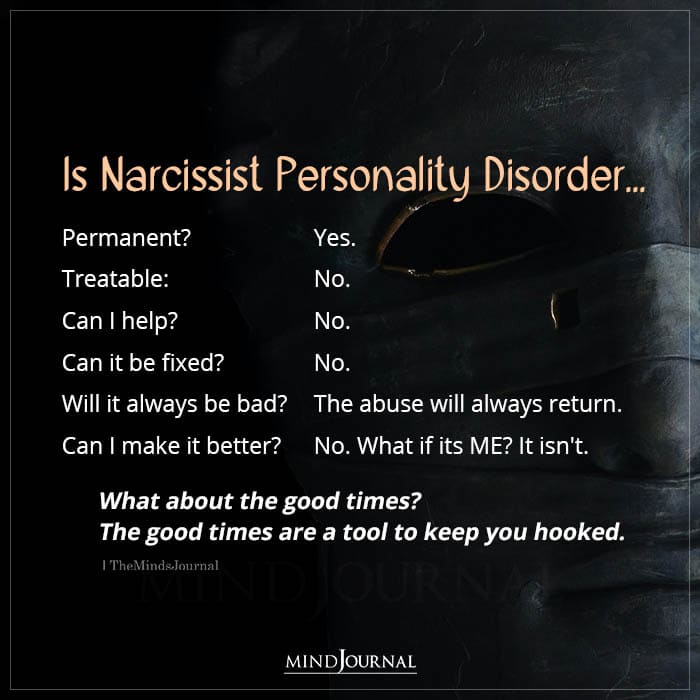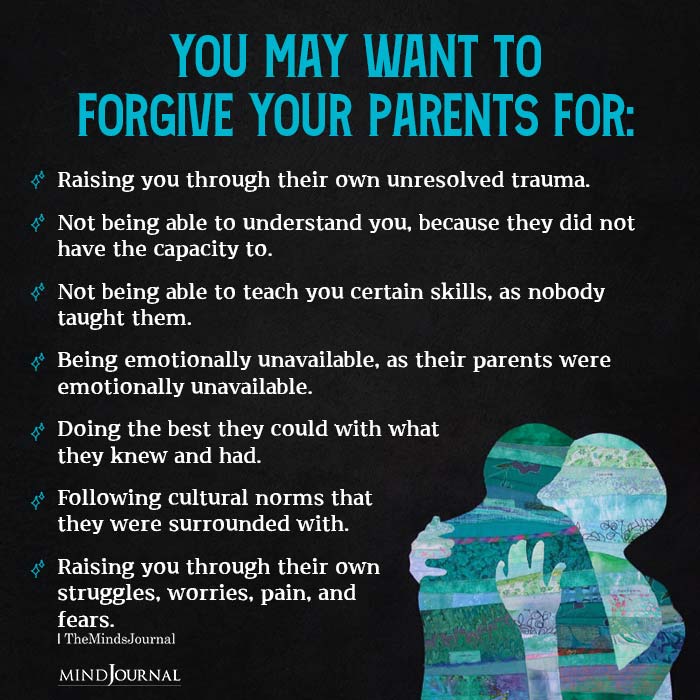Dealing with narcissistic parents is tough, and trying to forgive them for the way they have treated you can feel impossible and unfair, especially if they are not sorry for their actions. So, how to forgive narcissistic parents?
Forgiving narcissistic parents is important for your own mental and emotional well-being. Always remember that you are not alone, and there are ways to find peace and healing, even when they don’t change.
Today, we are going to help you navigate the tricky waters of forgiveness, offering 8 practical steps to heal and move forward. Whether you are still struggling with past trauma or dealing with your parents now, be rest assured, these tips can help you feel empowered.
So, are you ready to start? Let’s go!
Related: Escaping the Cycle of Suffering: Why You Should Forgive Your Parents
How to Forgive Narcissistic Parents: 8 Powerful Strategies for Healing
1. Understand what narcissism is.
First things first, let’s break down what narcissism actually means. Narcissistic Personality Disorder (NPD) involves a pattern of self-centered, arrogant thinking and behavior, a lack of empathy for others, and an excess of admiration.
When it comes to parents, this can manifest as manipulation, neglect or emotional abuse. Understanding that their behavior stems from a personality disorder can help you to separate their actions from your self-worth. Remember, their behavior says more about them than it does about you.

2. Don’t expect them to change.
This one is tough but necessary. Accept that your parents may never change. Narcissists often don’t see anything wrong with their behavior and actions, so waiting for an apology or for them to change can keep you stuck in a cycle of disappointment and hurt.
As children of narcissistic parents, letting go of these expectations can be incredibly freeing. Instead, focus on what you can control – your own reactions, thoughts and journey of healing.
3. Create some physical distance.
Sometimes, physical distance can provide the emotional space needed to heal. If possible, consider moving away or reducing the time you spend in close proximity to your narcissistic parents.
This can help you gain some much-needed perspective and focus on your own needs without the constant pressure of their presence. Physical distance doesn’t mean you love them any less; it means you’re prioritizing your mental health.
This space is crucial for you to develop a healthier relationship with yourself and eventually, with them.
4. Develop healthy coping mechanisms.
When it comes to children of narcissistic parents, finding effective ways to cope with stress and emotional triggers is essential. This could include mindfulness practices like meditation or yoga, which can help calm your mind and reduce anxiety.
Physical exercise is another excellent way to manage stress, as it releases endorphins and improves your mood. Creative outlets like painting, music, or writing can also provide emotional relief.
Developing a toolkit of coping mechanisms ensures you have healthy ways to deal with difficult emotions and situations, helping you maintain your overall well-being.
Related: I Hate My Parents: How To Cope When You Feel This Way
5. Practice emotional detachment.
When it comes to forgiving narcissistic parents, emotional detachment is key. Now, emotional detachment doesn’t mean you stop caring about your parents, but it involves distancing yourself emotionally to protect your mental health.
Practice observing their behavior without getting drawn into the drama. This might involve visualizing a protective barrier between you and their actions or practicing deep breathing to remain calm. By emotionally detaching, you can respond more rationally rather than acting impulsively.
6. Forgive, but don’t forget.
Forgiveness doesn’t mean forgetting or excusing their behavior. It’s about releasing the hold that anger and resentment have on you. Holding onto these negative emotions can be exhausting and damaging to your well-being and happiness.
Forgiveness is a way to free yourself from the past and focus on the future. It’s a personal process that takes time, and it’s okay to move at your own pace. Remember, forgiving someone doesn’t mean you have to maintain a relationship with them.

7. Affirm your self-worth.
How to forgive narcissistic parents? Treat yourself better. Narcissistic parents can often leave you doubting your value. Counter this by regularly affirming your self-worth. Positive affirmations can help you rewire your brain to see yourself in a more positive light.
Start your day with statements like “I am worthy of love and respect,” or “I am strong and capable.” These affirmations can boost your confidence and self-esteem, helping you to stand strong against the negative messages from your parents.
Over time, you will start to believe in your intrinsic value and feel more empowered.
8. Acknowledge your pain.
If your motive is forgiving narcissistic parents and finally moving on from the pain, then acknowledging your pain is an essential step in the healing process. You need to recognize and validate the hurt and emotional damage caused by your narcissistic parents.
The more you deny or minimize your pain, the more you will be stoking your unresolved feelings that will fester and ultimately wreak havoc on your mental and emotional health.
Instead, take time to reflect on your experiences and allow yourself to feel the full range of emotions – anger, sadness, frustration, and grief. When you face your pain head-on, you begin to process and release it, which is a crucial step towards forgiveness and emotional freedom.
Related: Dealing With A Narcissistic Parent: 5 Steps That Can Help Children Cope With One
Forgiving narcissistic parents is a challenging but deeply rewarding journey. Remember, forgiveness is for you, not for them. It’s about freeing yourself from the past and moving forward with peace and strength.
How to forgive narcissistic parents? Take it one step at a time, and be gentle with yourself along the way. You deserve a life filled with joy and love, and forgiving your parents is a powerful step towards that goal.















Leave a Reply
You must be logged in to post a comment.